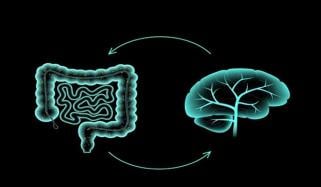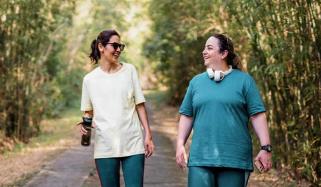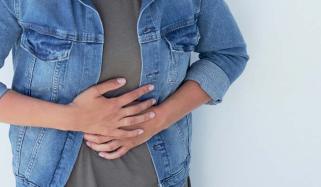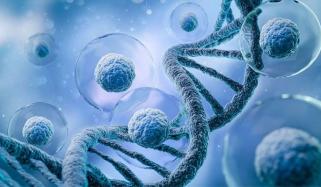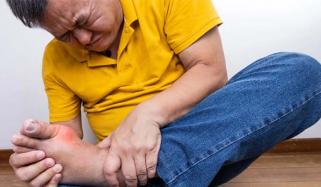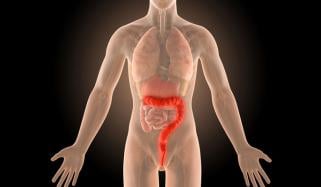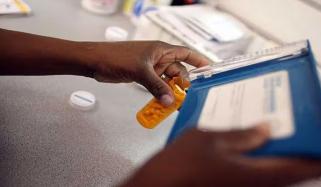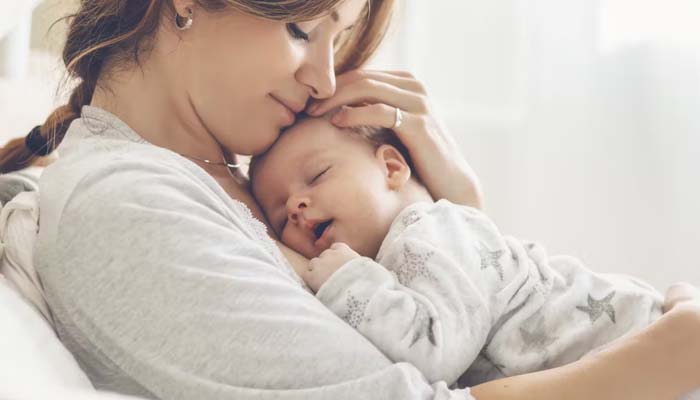
Women who catch COVID while pregnant might have a higher likelihood of having a child who is later diagnosed with autism or another neurodevelopmental condition, a new study has found.
According to SCI AM, the results of the study add to previous research showing that, among other factors, infections in general during pregnancy are linked to autism risk for the child.
The study senior author Andrea Edlow said, “Even though there’s an increased risk for autism and other neurodevelopmental disorders, the absolute risk still remains relatively low, especially for autism.”
For the study, published in Obstetrics & Gynecology, Edlow and colleagues looked at electronic health records of more 18,000 births that occurred between March 1, 2020, and May 31, 2021, during the first year of the COVID pandemic.
They compared the likelihood of a neurodevelopmental diagnosis in children born to individuals who had a positive COVID PCR test during pregnancy with those who didn’t.
Of the 861 children born to people who had COVID during pregnancy, 16.3 percent went on to receive a neurodevelopmental diagnosis by age 3 compared with 9.7 percent of the 17,263 children born to people who hadn’t had COVID.
The diagnoses included not just autism but also speech and language disorders, motor function disorders, and other conditions. When the researchers controlled for various confounding factors, COVID infection during pregnancy was linked to increased odds of these conditions of nearly 30 percent.
The findings add to a body of evidence, mainly in animals but also in humans, suggesting that various infections during pregnancy, such as influenza or rubella, are linked to a higher risk of having a child with autism or a similar condition.


